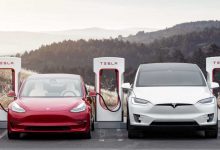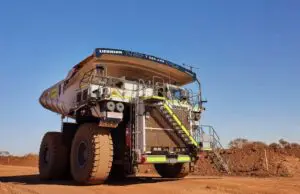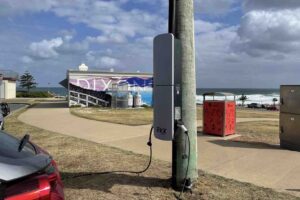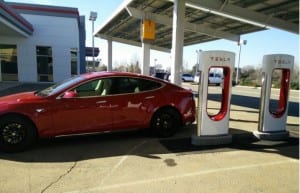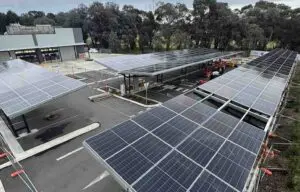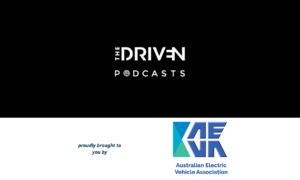So much is written about Tesla, you would think that it was a company that was well understood. Sure, people note the flash new electric vehicle models as they roll off the production line for the first time, obsess about Elon Musk’s tweets, and note with awe and some disbelief that it is now by far the most valuable car company in the world.
But there is a widely held view that this is just a quirk of the transition, that Tesla’s un-matched success can’t and won’t last, and that as soon as the big legacy car-makers start getting serious about electric vehicles, they will quickly catch up and squash the Tesla insurrection through sheer weight of numbers and capital.
But will they? The assumption is that the legacy car makers are big and powerful, are really good at making cars and have deep pockets.
But the truth of the matter is that they are struggling, and in ways that would have been unthinkable less than a year ago. Sales of their favoured petrol and diesel models are plummeting, and so too have their margins and cash flows. Indeed, Tesla is beating them on just about every count.
One of the most pre-eminent Tesla analysts, the team led by Morgan Stanley’s Adam Jonas, has just completed a range of reports following Tesla’s Battery Day and the most recent third quarter profits, and he notes Tesla has outperformed the overall car industry in just about every metric.
Its beating them on share price, on revenue growth, on delivery growth, on free cash flow, and on margins. Not to mention the quality of their product, and the promise of Full Service Driving and a software revenue windfall.
In the third quarter, Tesla deliveries increased by 43.2 per cent year on year, while global production fell 3.4 per cent. Total battery electric vehicle sales are expected to rise nearly 30 per cent in calendar 2020 to around 2.2 million.
What’s more, Jonas says, Tesla has proven that EVs can be made profitably. It now has five straight quarters of profitability and in the latest quarter delivered $US1.4 billion of free cash flow and gross margins of 23.7 per cent.
Its gross auto margins are about double those of General Motors, and higher than even BMW. Its EBITDA (earnings before interest, tax, depreciation and amortisation) margins are more than two times what is tipped for Ford. In 2020, it’s likely to have more free cash flow than GM.
In short, Tesla is making better, cleaner cars than its rivals, and making more money by doing so. Its free cash flow this year could be around $US5.6 billion, not including more than $US1.5 billion it receives from its rival car makers so they can duck penalties from making such dirty and polluting cars.
“EVs are profitable and likely to get even more profitable in the years ahead,” Jonas writes.
“We think this is very important… and is a story that goes beyond Tesla as it eliminates what has historically been the No 1 reason why legacy automakers were hesitant to go ‘all in’ on the technology. In our view, this obstacle is gone. There may be other impediments, but not profit, at least for now.”
On the basis of these assumptions, Morgan Stanley has just raised its forecasts for global EV uptake. It now expects 13 per cent penetration in sales by 2025, and 31 per cent in 2030, and 78 per cent in 2040.
And while it’s clear that many of the big car-makers are trying to catch up, Tesla remains several steps ahead. For a start, it is looking to maintain its lead by increasing capacity and cutting costs and has 3 new plants under construction: China 2, Austin, and Berlin. All will be open in 2021.
To read the full story on RenewEconomy’s electric vehicle dedicated site The Driven, please click here…

